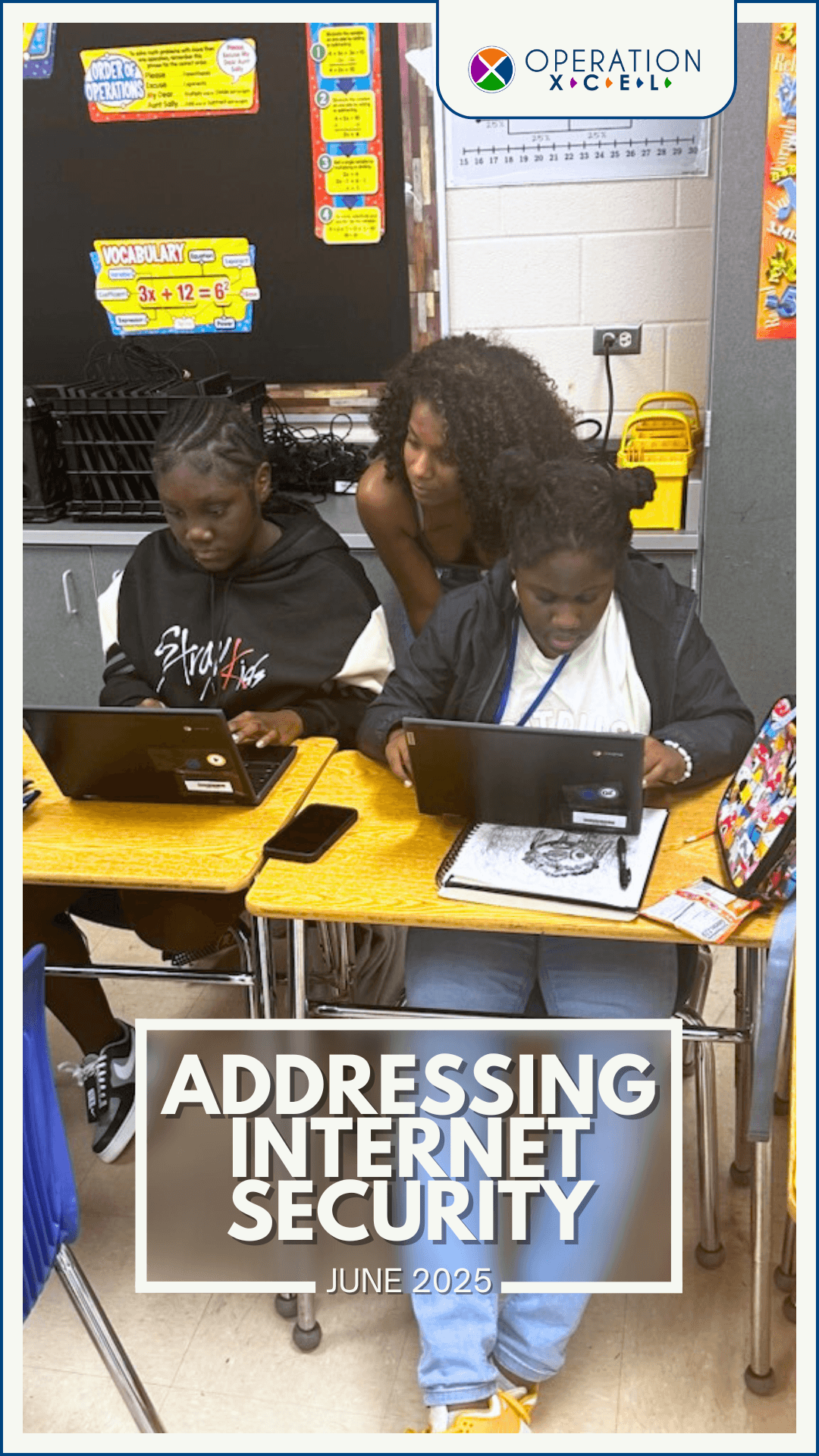
Introduction
Youth are the architects of tomorrow's digital landscape. By equipping them with the knowledge and tools to navigate the internet securely, we empower them to flourish in an increasingly interconnected world. Together, we can foster a culture of vigilance, responsibility, and mutual respect that ensures the internet remains a space for innovation and opportunity, free from unnecessary risks (Cybersecurity Ventures, 2022).
Empowering Youth Through Internet Safety Education
In our increasingly digital world, teaching internet safety to young users is becoming more critical than ever. As children and teenagers navigate online spaces, equipping them with knowledge and tools to stay safe is essential. Here’s how we can foster a culture of digital responsibility and internet security among our youth.
Start Early with Education
To lay the groundwork for internet safety, it’s vital to introduce concepts at a young age. Children should learn not to share personal information and to visit only approved websites. As they mature, the focus can shift to understanding privacy settings, recognizing suspicious emails, and creating strong passwords (Common Sense Media, 2023).
Use Stories and Analogies
Making cybersecurity relatable can significantly enhance youth comprehension. For example, comparing a strong password to a lock on a diary helps them grasp the importance of safeguarding their online accounts (Cybersecurity Ventures, 2022).
Encourage Open Communication
Creating a safe space for youth to discuss their online experiences fosters openness. This approach encourages them to report suspicious activities or instances of cyberbullying without fear (Family Online Safety Institute, 2021).
Promote Secure Practices
Teaching essential online safety practices is crucial. Key practices include using unique passwords, enabling two-factor authentication, updating software regularly, and logging out of shared devices (National Cybersecurity Alliance, 2023).
Empower Critical Thinking
Encouraging youth to question the authenticity of online content can further protect them from potential threats. Teaching them to avoid clicking on dubious links is an important life skill for dealing with the digital landscape (OECD Digital Toolkit, 2022).
Leverage Educational Resources
Engaging youth through interactive tools and games, such as Google’s “Be Internet Awesome” initiative, makes learning about online security exciting and practical (Google, 2023).
Model Good Behavior
Adults should demonstrate secure online habits, as youth often imitate their behavior (Internet Society, 2021). By setting a good example, we can reinforce these important practices.
Engaging Families and Schools
Parental involvement is crucial. Parents can set up parental controls, monitor online activity, and candidly discuss the risks of the digital world (Family Online Safety Institute, 2021). Schools can enhance safety education by offering structured lessons and workshops led by cybersecurity professionals (National Cybersecurity Alliance, 2023).
Fostering a Culture of Responsibility
Encouraging peer support for safe online practices can create a culture of responsibility. Celebrating events like Internet Security Day with activities such as password competitions and role-playing scenarios can engage youth further in these important discussions (Internet Society, 2021).
A Vision for the Future
By prioritizing internet security education now, we not only protect youth today but also empower them to be responsible digital citizens in the future. Together, we can create a safer online environment (National Cybersecurity Alliance, 2023).
In conclusion, as our youth shape the digital landscape, equipping them with internet safety knowledge fosters a culture of vigilance and responsibility. Let’s work together to keep the internet a safe space for innovation and opportunity, ensuring our young users navigate the online world with confidence and security.
Follow this link to help Kids Point, a site with several games for youth to learn and practice cybersecurity:
https://thekidspoint.com/exciting-and-educational-hacker-games-for-kids-to-play/

